NKUST launches Semiconductor Process Equipment Talent Development Base to meet 14K annual professional demands
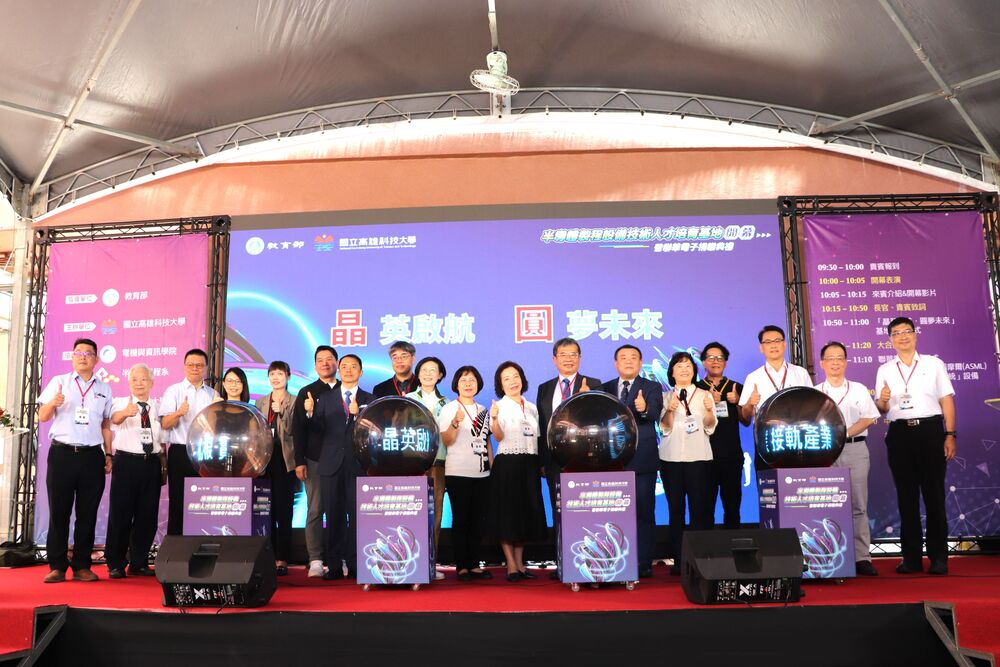
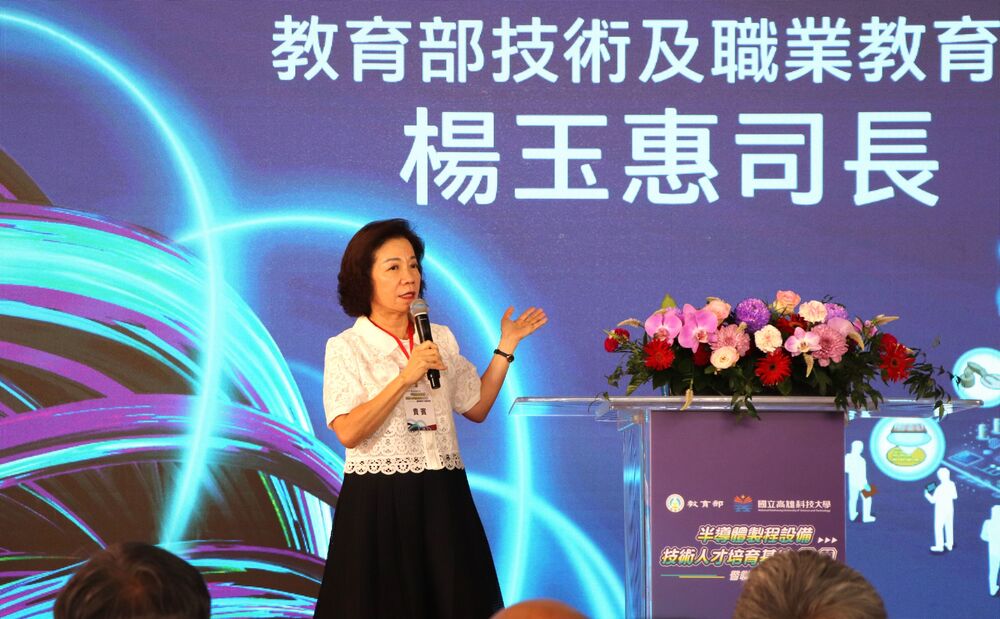
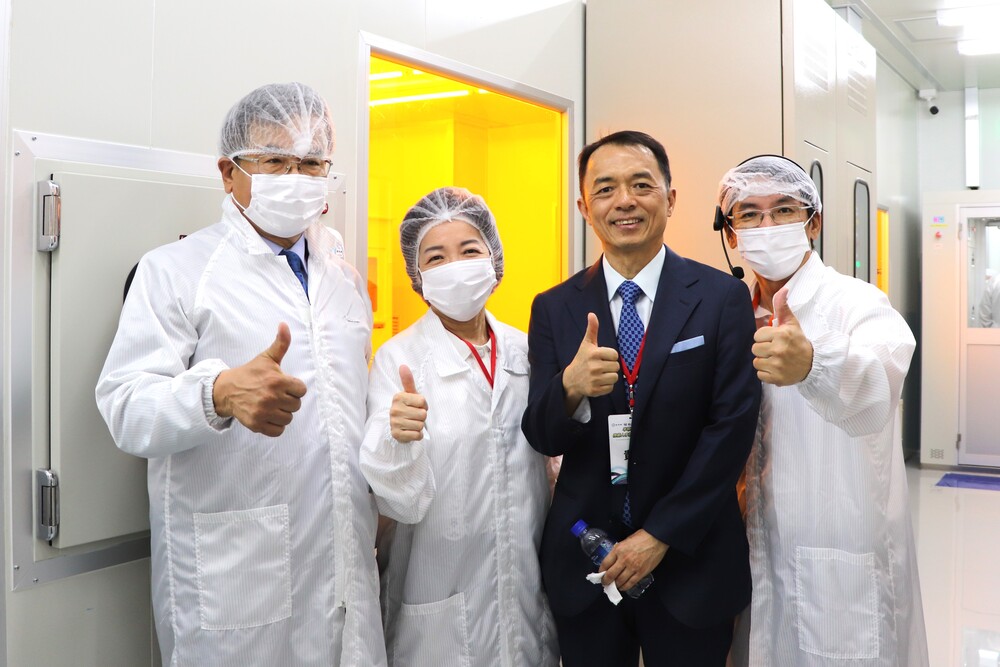
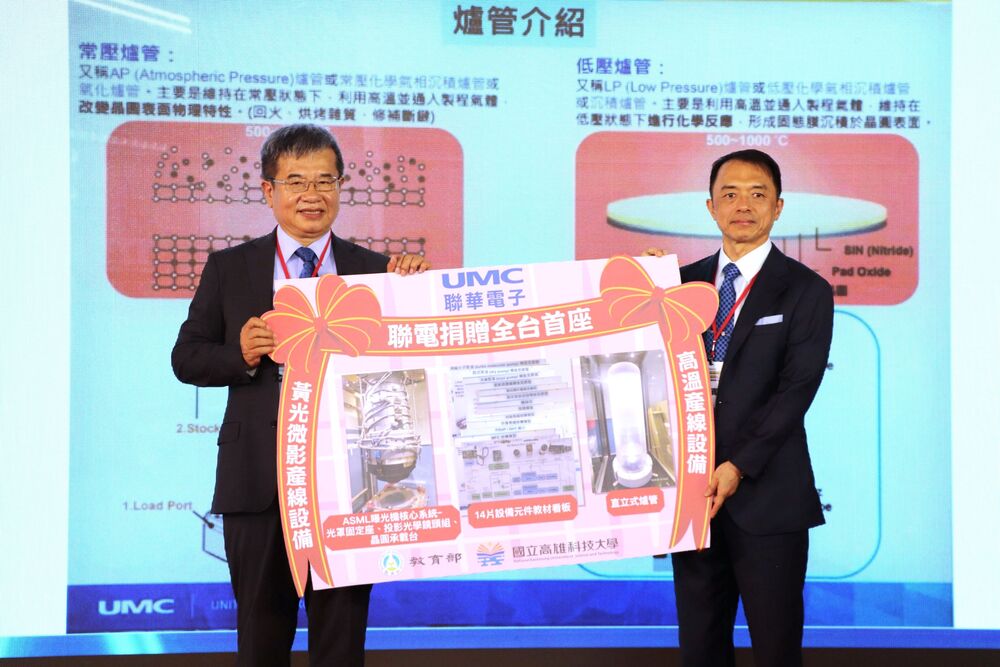
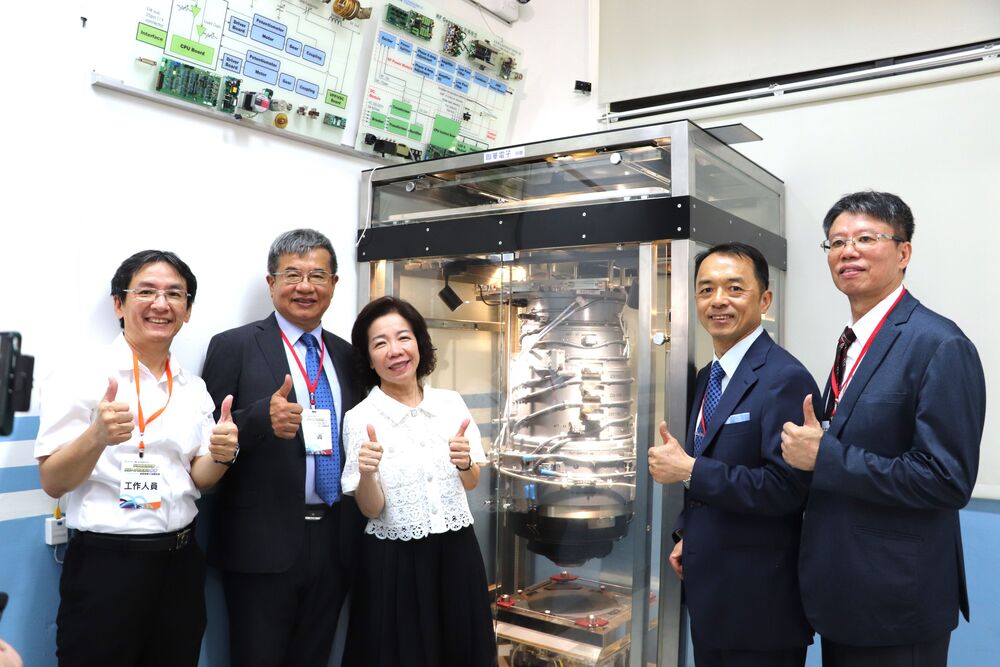
In the global semiconductor foundry industry, Taiwan's four major players—TSMC, UMC, Vanguard, and Powerchip—hold a dominant market share of nearly 75%. This leading position requires a steady supply of high-quality talent to maintain competitiveness, with an annual demand for 14,000 new professionals, including R&D experts, as well as a large number of equipment, process, and IC layout engineers.
National Kaohsiung University of Science and Technology (NKUST) officially inaugurated its Semiconductor Process Equipment Talent Development Base at the Nanzih Campus yesterday. In line with the formation of the "Southern Taiwan S-Corridor" and the industry's southward migration, NKUST’s Department of Microelectronics Engineering, along with the College of Electrical Engineering and Computer Science, will partner with local schools in the south to jointly train professionals to meet industry needs.
Industry and Government Partnership
As the semiconductor industry continues to expand, the demand for skilled technicians on production lines is a top human resources priority for major companies. Recognizing this need, NKUST’s Microelectronics Engineering Department, with support from the Ministry of Education, built this new training base.
Beyond government funding, semiconductor companies from the upstream, midstream, and downstream sectors have also become involved in the project, dedicating either production line equipment or professional mentors. Companies such as UMC, Hanbell Precise Machinery, SKY TECH, and Kao Duen Technology have donated equipment, while others like UMC, Winbond, ASE, Epistar, Siliconware, Yageo, WIN Semiconductors, and ITRI have provided professional mentors to collaborate on courses. Some companies, including UMC, TSMC, ASE, SPIL, and LITEON, have gone even further by collaborating directly with NKUST to create specific academic programs and classes to secure a stable supply of reliable, high-quality professionals.
Yang Yu-Hui, Director-General of the Ministry of Education’s Department of Technological and Vocational Education, attended the inauguration and emphasized the government's balanced development policy. She noted that the Ministry has established 20 regional industry training and technology cultivation bases, with two of the four southern bases located at NKUST: the "Railway Technical Center" for railway technology and the newly opened " Semiconductor Process Equipment Talent Development Base."
Training and Future Outlook
NKUST President Yang Chin-Yu stated that the training programs at the new base will provide aspiring students with essential professional knowledge and skills for the semiconductor industry, with a training capacity of up to 1,000 people annually.
The base features four training modules:
- Basic Semiconductor Equipment Skills
- Semiconductor Equipment Component and Instrumentation Systems
- Semiconductor Equipment Vacuum Systems
- Semiconductor Process Equipment Practical Training
This hands-on approach ensures students are well-prepared to enter the workforce. President Yang also mentioned that NKUST is willing to provide its new facility for practical training to students from other universities, including National Tsing Hua University and National Yang Ming Chiao Tung University, once they establish their presence in Kaohsiung.
In addition to meeting the strong demand for production line personnel, the base will also collaborate with education bureaus in Tainan, Kaohsiung, and Pingtung to offer workshops for high school and vocational school teachers. This will enable educators to integrate the latest industry knowledge into their curricula. The base will also serve as a facility for high school students to experience semiconductor technology firsthand and provide a service for semiconductor firms to test and validate new processes and materials, assisting in new product development.